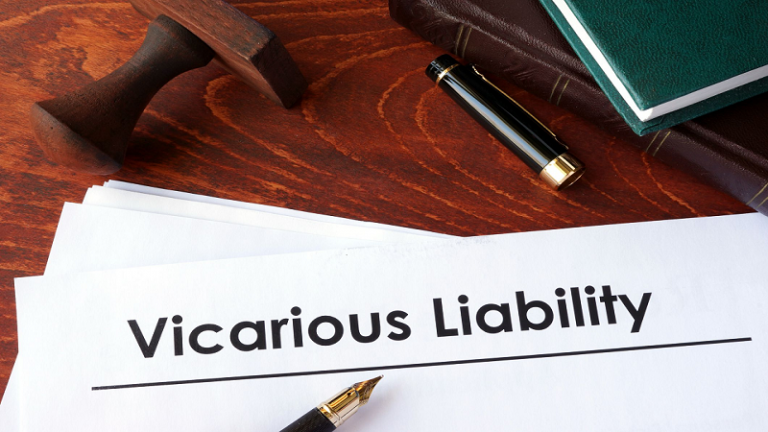
Do you know that a master or an employer is held responsible for the actions of the servant or an employee under the employer during the employee’s ordinary course of doing his or her job.
It is called vicarious liability.
Vicarious liability is a form of strict liability under the common law doctrine in which a secondary liability arises placing the superior responsible for the acts and actions of the inferior and the employers or masters which is said to be the secondary parties can be held indirectly liable for an injury caused by the employee even though the employer was not directly involved in the act.
Register for Tekedia Mini-MBA edition 18 (Sep 15 – Dec 6, 2025) today for early bird discounts. Do annual for access to Blucera.com.
Tekedia AI in Business Masterclass opens registrations.
Join Tekedia Capital Syndicate and co-invest in great global startups.
Register for Tekedia AI Lab: From Technical Design to Deployment.
This is usually a recurring incident in workplaces whereby an employee commits a tortious act and the employer is strictly and vicariously held liable for the actions and inactions of the employees; for those actions carried out by the employee during an ordinary course of him doing his job or carrying out his assignment.
The point of vicarious liability is to the effect that an employer is liable for an employee’s negligent actions if they were committed in the course or scope of the employee’s employment or are closely connected with what the employee is authorised by the employer to do. It is the common law that the acts of the employee are authorized by the employer during the course of him carrying out his job description and therefore, the employer must be held responsible for all the acts carried out by the employee during the course of him doing his job.
For instance, if a company driver while delivering the company goods gets involved in an accident and a bystander dies as a result of that accident, the company driver will be held responsible for the accident so also the employer of the driver which is the company will also be held strictly and vicariously responsible for the death of the bystander which resulted from the accident that the driver got into.
The Nigerian police force according to this common law principle of vicarious liability will be held responsible for the actions and the inactions of every police officer under their employment because it is presumed that every action of a police officer carried out during the course of his duty is authorized and sanctioned by his employer which is the Nigerian police force.
Be it as it may, there are ingredients or elements that must be present before Vicarious liability can successfully be prayed; firstly, it must be established that a negligent person was employed. Secondly, the negligent person was acting within the scope of his employment or that the employer authorized the employee to act and lastly, that the employer later ratified the employee’s acts.
Just as it is notable that in every general rule of law there must be an exception: there are exceptions to this common law principle of vicarious liability one of which is that the employee acted on frolic of his own and that his actions were outside the scope of his job description, in that way the employer can disassociate himself from the wrongful actions of the employee and won’t be thereby held to be indirectly responsible for the actions and inactions of his employee.




Thanks for the enlightenment. I have gained so much value from this write up.
It’s a pleasure sir.